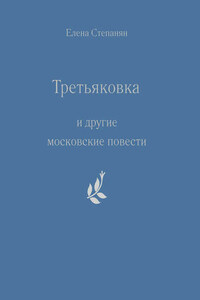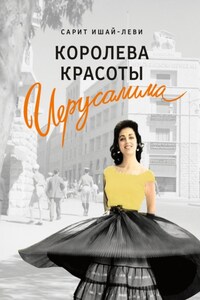Chapter One
“Twoe Sisters.”
“The haunted aisles, the gathering gloom,
By some stray shaft of eve made fair;
The stillness of the neighbouring air,
The faded legends of the tomb.
I loved them all…”
Songs of Two Worlds.
Hathercourt Church is not beautiful, though the internal evidence in favour of its having at one time been so is considerable. It has suffered sorely at the hands of plasterers and white-washers; yet the utmost efforts of these misguided people have not altogether succeeded in effacing the traces of a better state of things – there is still grandeur in the sweep of the lofty roof, oak-raftered behind its dingy white covering; still “meaning and mystery” in the quaintly varying windows; much satisfaction for the learned in such matters, and indeed for the unlearned too, in the unmistakable beauty of the carved screen, the one object untampered with since the days when it gladdened the eyes of the ancient men who fashioned it, long, long ago.
A very long “long ago” that time used to seem to Mary Western when, in the intervals of her attention to the service, she sometimes dreamed of those far-away days. She was not much given to dreaming, but in Hathercourt Church there were circumstances under which the temptation became irresistible.
After a course of years the words of the morning service, especially when read, Sunday after Sunday, by the same familiar voice with precisely the same intonations, are apt to grow monotonous; and had Mary not occasionally allowed her thoughts to go wool-gathering, the chances are that her brown straw hat would have been seen to nod, and she might have fallen asleep altogether. For that part of Sunday morning which preceded their appearance in church was a tiring and trying ordeal to the elder daughters of the Western household. There was the early class at the school, there were “the boys” at home to keep peace among, there were the very little children in the nursery to coax into unwonted quiet, for on Sunday mornings “papa” really must not be disturbed, and mamma, “poor mamma,” looked to her girls to do their part in helping her.
Hathercourt Rectory offered in every particular a contrast to its neighbour, the church. The one was old, very old, the other comparatively new; the Rectory was full to overflowing of life and noise and bustle, the church, even when its whole congregation was assembled, seemed empty and bare and strangely silent.
“It is thinking about all the people that used to be here – the air is too full of their voices for outs to be heard much,” Mary said to herself sometimes, and her girlish eyes would see strange scenes, and strange murmurs would sound in her ears. There was the leper window in the chancel, which alone, she had been told, testified to a date not more recent than that of the reign of King John. Mary’s glance never fell upon it without a shudder, as in imagination – imagination in this case no doubt falling far short of reality – she saw huddled together the crowd of accursed beings, old world Pariahs, gazing up with bleared yet longing eyes at the priestly forms about to dispense the mystery to them, doubtless with little meaning but that of a charm. Then there were the tablets on the walls, many of them very old, telling in a few simple words a whole life history, or in some cases that of an entire family, whose members had either died out or left the neighbourhood so long that these chronicles of death were all that remained to tell of their ever having lived.
There was one tablet in particular on which Mary, sitting in her own corner of the wide bare pew, had for so many years, Sunday after Sunday, allowed her eyes to rest that it had grown to seem to her a part of her own life. The service would not have been the same to her without it; her father, she almost fancied, could not have got through his morning’s work had the tablet been removed from its place, a little to the left of the reading-desk. Mary knew its burden by heart as well as, or better than, “the creed, the ten commandments, and the Lord’s prayer,” yet she could no more help reading it afresh every time she came into church than one can help counting the tantalising telegraph-wires, as they slowly rise up, up, then down again, from the window of a railway-carriage.
Of a time far remote from railways and telegraphs told the old tablet in Hathercourt Church.
“Here lieth,” so ran the inscription, headed in the first place by an imposing coat-of-arms, the date 1597, and the initials M.B. – “Here lieth the bodi of Mawde, the elder sister of the twoe dovghters of Arthur Mayne, late of Southcotte, and the late wife of John Beverley of Hathercourt, who departed this worlde the sixt day of November, 1597, whiche John and Mawde had issve five soones and five dovghters, whiche Mawde, the wife of the seid John Beverley, esqvier, and dovghter of the seid Arthur Mayne, esqvier, was 37 yeres oolde at the time of her deathe.”
Mary’s meditations on “whiche Mawde” represented various stages in her own history. Long ago, in the days of little girlhood, the era of brown straw hats and tendency to nod, it was not Mawde herself, so much as the great army of “soones and dovghters” she had left behind, on which her imagination dwelt. They must have been quite tiny things, she calculated, some of these Beverley boys and girls, when their mother died. How they must have missed her! How, beyond words, terrible would be














